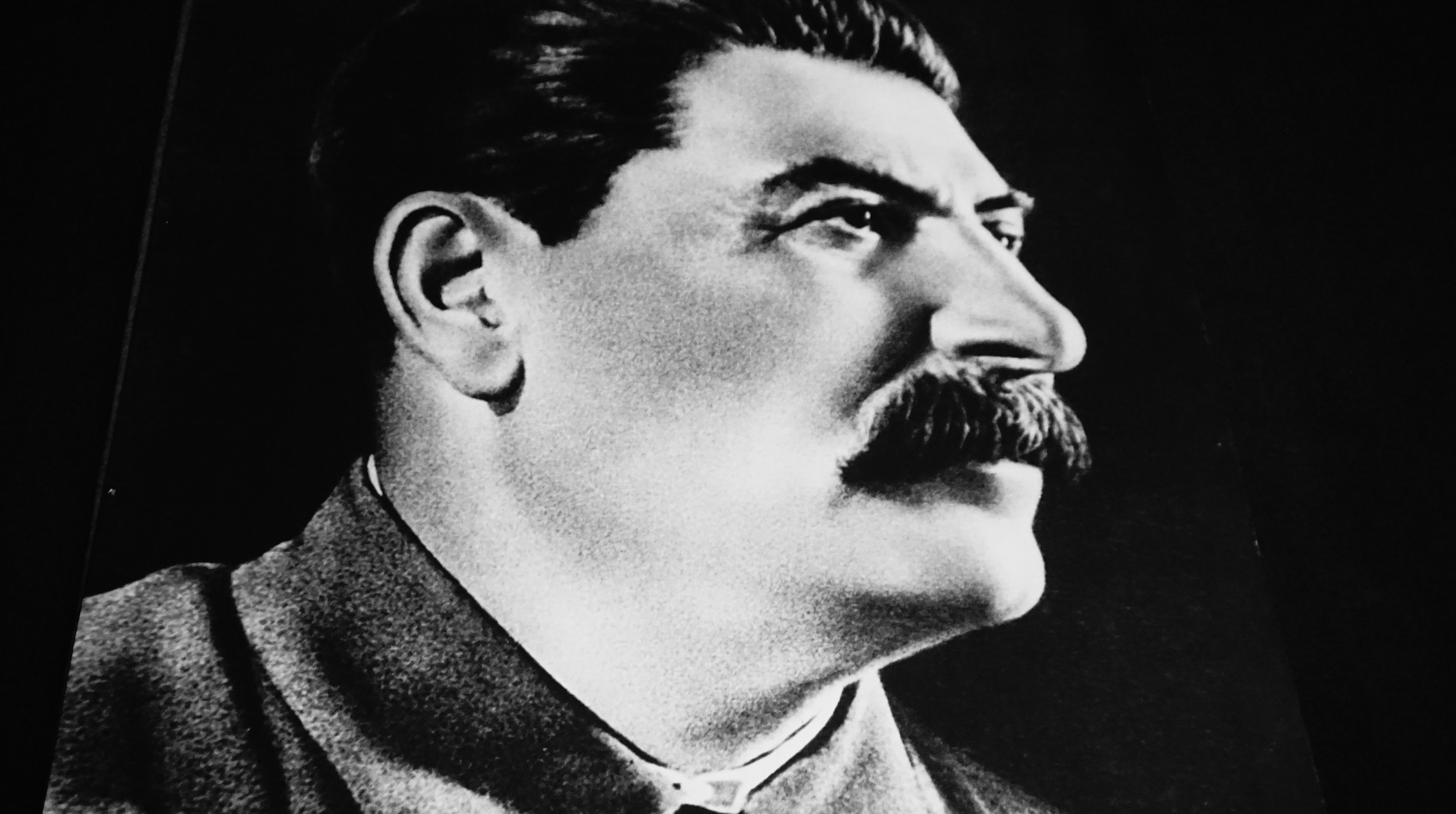 Evolution
Evolution
How Darwin Shaped the Young Joseph Stalin

Michael Egnor points out that “Totalitarianism Is Darwinism Applied to Politics,” citing Hannah Arendt’s famous book, The Origins of Totalitarianism, which draws the connection. The Nazis, as well as Marx and Engels, all drew from Darwin’s well.
Jonathan Wells notes that another figure in the totalitarian tradition was influenced by evolution from a very early age. As a boy, Joseph Stalin
talked about books all the time. If he coveted a volume, he was happy to steal it from another schoolboy and run home with it. When he was about thirteen, Lado Ketskhoveli took him to a little bookshop in Gori where he paid a five kopeck subscription and borrowed a book that was probably Darwin’s Origin of Species. Stalin read it all night, forgetting to sleep, until Keke [his mother] found him. ‘Time to go to bed,” she said. “Go to sleep — dawn is breaking.” “I loved the book so much, Mummy, I couldn’t stop reading.” As his reading intensified, his piety wavered. One day Soso [Stalin] and some friends, including Grisha Glurjidze, lay on the grass in town talking about the injustice of there being rich and poor when he amazed all of them by suddenly saying, “God’s not unjust, he doesn’t actually exist. We’ve been deceived. If God existed, he’d have made the world more just.” “Soso, how can you say such things?” exclaimed Grisha. “I’ll lend you a book and you’ll see.” He presented Glurjidze with a copy of Darwin.
Simon Sebag Montefiore, Young Stalin (New York: Alfred A. Knopf, 2007), p, 49.
The idea of an organic “movement” in history, sketched by Darwin, leads to thinking that seeks to seize control of society and forcibly direct that movement. Arendt needed a thick book to explain why. The case of Stalin, influential reading by a 13-year-old, is much more direct.
